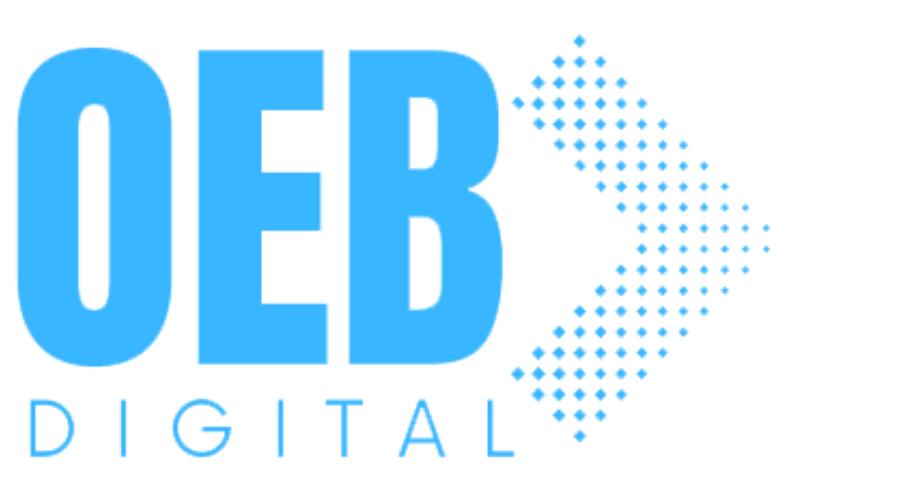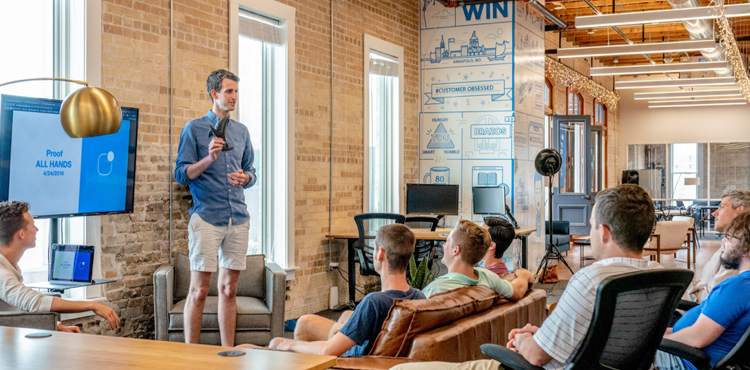As a founder in the mobile industry, you’ve poured time, effort, and creativity into building your app. Whether it’s your first app in the market or one of many, the decision to sell your app is a significant milestone. Achieving the best exit value is more than just a financial transaction, it’s about realizing the full potential of your hard work and ensuring the continuity of your vision. Selling a mobile app involves a complex process that can be overwhelming. Understanding what to expect and how to navigate this journey can make all the difference in making it happen. Here’s a comprehensive look at the steps and considerations involved in selling your mobile app, crafted to help you maximize your exit value and achieve a smooth transition.
It won’t be fast
Selling your app takes time, it starts from the idea in your head, gathering all the data in advance, consider to sell the app using a professional broker or via a marketplace, check the interested buyer, answer many questions, negotiations, disclosing the terms and moving into the process.
Usually, the longest part will be to find the right buyer and answer the questions that come up. It can take from a few months to a year and sometimes more. Throughout this period, maintaining the stability and performance of your app is crucial to attract the right buyer.
Questions, questions, questions
Even if you’re well organized and gather your data in advance, potential buyers can have a lot of questions. The questions can be about the numbers, the product, the time it takes to handle the business, the company itself and even more. Remember that buyers are going to spend a lot of money to acquire your app so they have to disclose all the information required. Be patient and cooperative, as the buyers relay on your answers in order to evaluate your app.
Nothing is final until the deal is done
Selling your app is like selling your business, it’s a very sensitive process to all parties. Everyone are willing to make it done fast, but in addition, always pushing in their favor. Even after the price and the terms are agreed, you’ll start with the due diligence process where things can be changed. The apps can be affected by trends, new competitors or anything else, and it may affect the price, or even the deal to happen. For these cases, you should be keep it cool and think how to manage the gaps or hire someone in your favor to handle the process.
Don’t trust everyone
When you list your app for sale, people will ask for your data and ask questions. Not everyone are purely interested in acquiring your app – some of them just trying to get your data and use it in their favor without any intention to actually complete the acquisition.
For these cases, it’s important to sign a solid non-disclosure agreement (NDA), check if the buyer is reliable and his actual intentions before you share any sensitive information and your strategy.
Offers can be different than your expectations
When you decide to list your app for sale, you probably have listing price and a minimum price in your mind. As it’s important to have them in mind, you should also consider that the market has a price of its own, which you discover only when you put your app for sale and start to receive offers. Although it can also be higher than you thought if you underestimate yourself, it can be even lower than you thought if you overestimate.
If it’s important for you to sell fast, consider flexibility in your expectations. But if you’re not in a rush, invest your time to raise the app, which can directly raise the offer you can get.
Potential is subjective – buyers don’t pay for potential
You can absolutely consider the growth potential in your listing price, but don’t let it affect it to heavily. Buyers tend to put an offer on a business according to its current state, as they already take a risk by purchasing it and they can’t project the future. In addition, each buyer will see different growth potential as it depends on their available resources and expertises that can be applied on the acquired app.
Your listing price is not everything
In addition to your listing price, you should also consider other aspects of the deal. Sometimes, the price you’re offered is acceptable, but it’ll take you three years to get it in your account, or you’ll be required to provide support for a full year. There are terms that can be negotiable, and some are required to complete the deal.
Note which are required and where you can get better terms, or you can be creative and get higher price for support.
Taxes have to be paid
Although the first thought that come to your mind when selling the app is the money you’ll get in your bank account, don’t forget that it also has expenses to be paid. For each country the taxes are different, and can differ also by the type of the deal (IP or SPA).
Make sure to discuss with your CPA to understand the costs of the taxes required in your country, or check the consequences of moving your company to another country with minimal taxes.
Not every potential buyer will put an offer
When a buyer is interested in your app, he’ll check the data that is important to make an offer, but sometimes, the data provided can lead to a pass. Remember that companies have their acquisition criteria to make the deal successful for them too, and sometimes, it’s just not the right match. Keep cool and stay cooperative, even if you have several “no”, you only need the right “yes” with the right price for you.




